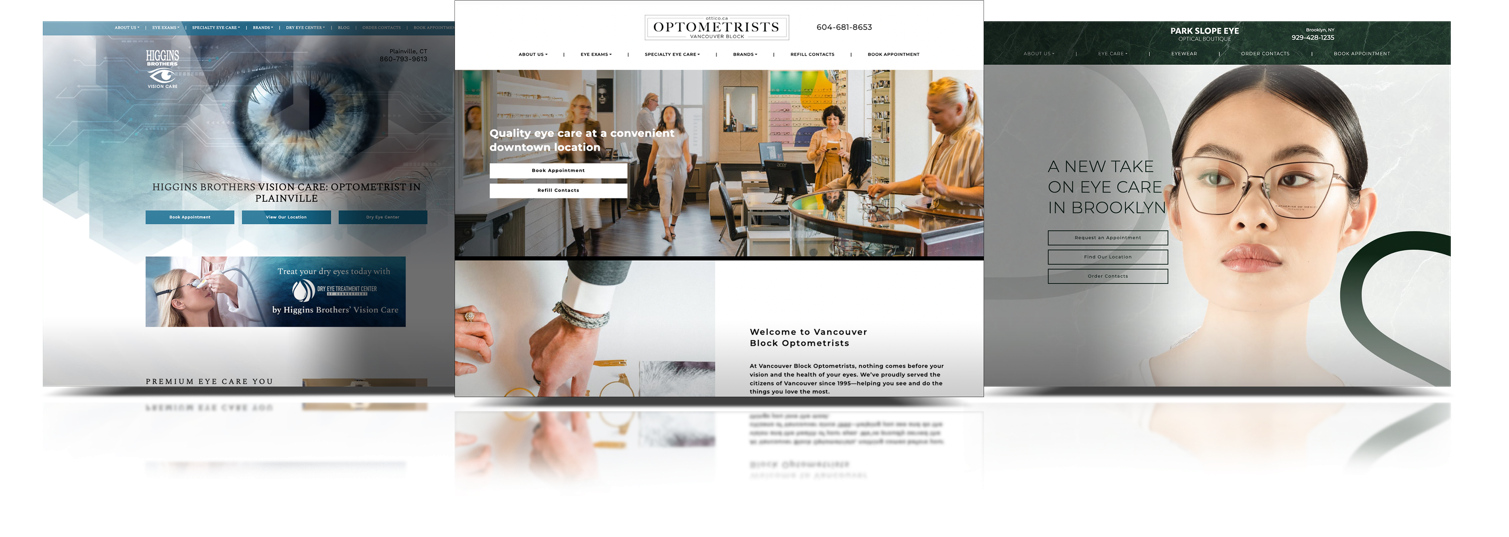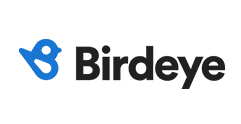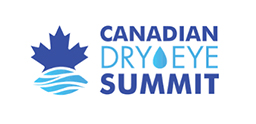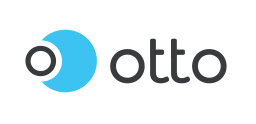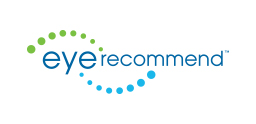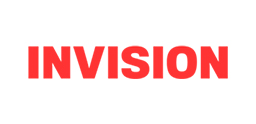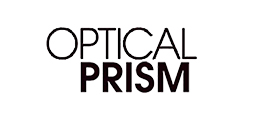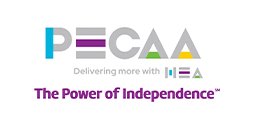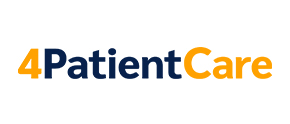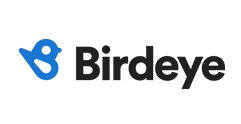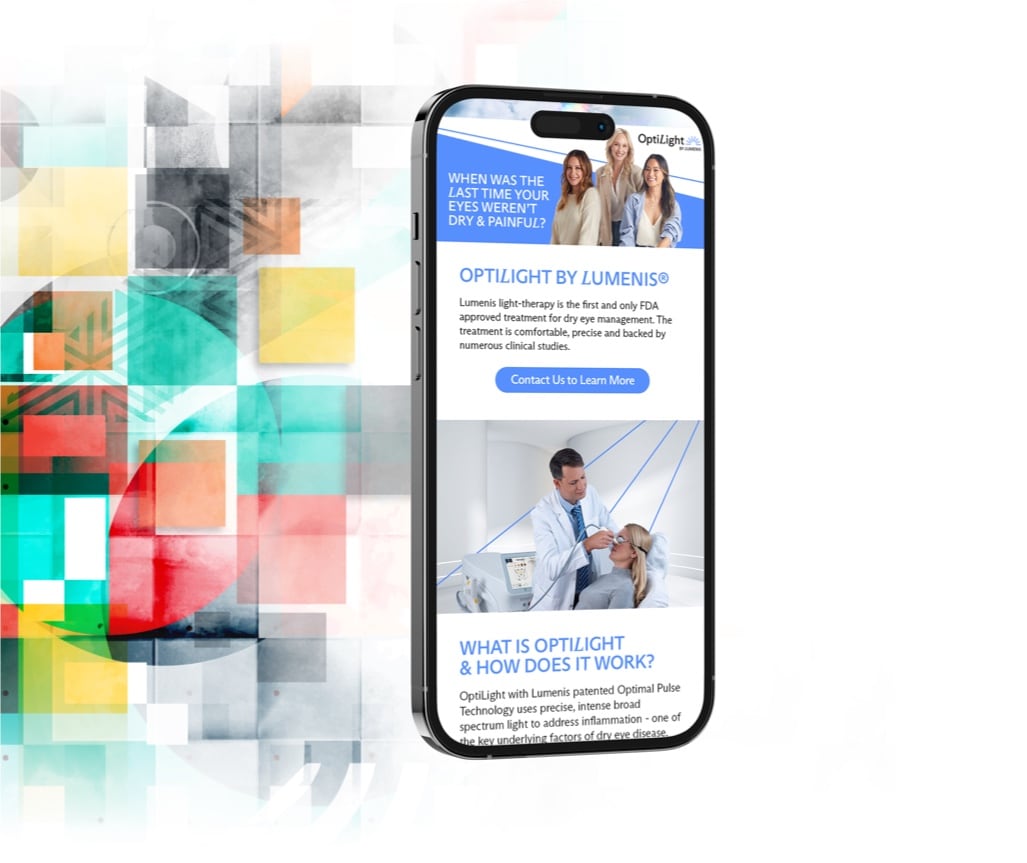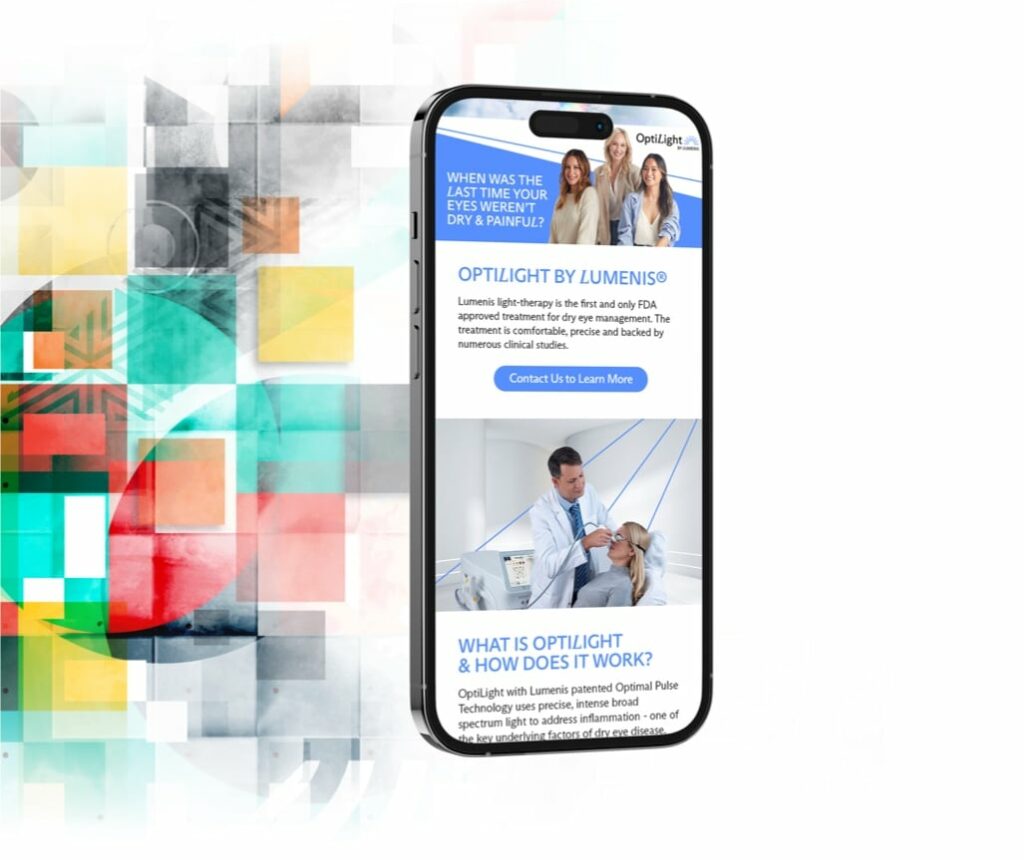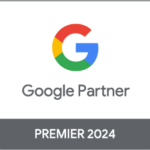The invention of the printing press in the mid-19th century marked the beginning of advertising as we know it today. Suddenly the world was at your fingertips as newspapers and magazines, stuffed with new and exciting stories, proliferated. These easily printed and mass-produced mediums presented a new opportunity for businesses that wanted to reach potential customers: The advertisement.
These small snippets of text that hugged the margins were a chance for businesses to unobtrusively present customers with targeted messages related to their products and services. In the modern world physical printed newspapers and magazines are becoming anachronistic, but the basic principles of advertising remain the same: To connect with customers and entice them into action.
Most people consume media through the internet, and social media is a huge part of the average person’s digital diet. Social media is, by design, easy to use and wide reaching. Leveraging social media is an integral part of any advertising strategy because it allows you to not only speak to an already captive audience just like newspapers and magazines did but easily judge the effectiveness of your message through the clicks, likes and shares of your audience.
How Can My Eye Care Business Leverage Social Media Effectively?
Social media is, by definition, social. As your viewers scroll through their timelines and see what their friends are up to your small business can momentarily grab their attention and show off your brand, services or products.
There are three ways your business can effectively leverage social media:
- Use social media to connect with current and potential patients, thereby increasing and expanding brand loyalty
- Manage your online reputation
- Build and showcase your brand
How Can I Connect With My Patients?
Say a patient buys a beautiful new pair of sunglasses from your practice and decides to show them off in a selfie. Thanks to the fantastic work of your front end staff the patient remembers to tag your practice in the post. Hooray! That patient has not only purchased your product, but they have just become an unofficial brand ambassador for your practice. Social media lets you engage with your patients even after they have left the store, giving you the opportunity to continue the conversation.
The above scenario is a perfect example of “organic” (or non-paid) advertising. Providing social media users with a way to tag your practice you can increase your reach and interact with new potential patients (in this case the friends and followers of your original patient).
Another way you can connect with patients is through paid or “sponsored” marketing. Say an avid Instagram user is casually scrolling through their feed when they encounter a beautiful image of a model wearing stunning sunglasses. They notice that the post says “sponsored” in small text in the corner, indicating that it is a paid advertisement, but they choose to click on the “Read More” call to action button. That brings them to your website, where they end up purchasing the sunglasses featured in your advertisement.
Paid or “sponsored” advertisements are more targeted than “organic” advertising. Companies such as Twitter, Facebook and Instagram decide who your advertisement is most likely to appeal to based on a profile of their users which include things like interests and geographical locations.
Sponsored advertisements are our Marketing Science team’s bread and butter. Though you can easily set up a paid social media campaign yourself, we can provide the expertise that will allow your ad dollars to be spent most effectively based on who your most likely potential patients are and what other interests they may have.
Sponsored advertisements, in turn, provide you with a high-quality audience full of potential patients who are more likely to buy your product as oppose to a general cross-section of the social media site’s user base. By bringing our experts on board we can help you figure out the most effective way to spend your advertising dollars and providing you with a higher return on investment.
Reputation Management
Let’s return to our previous example: The satisfied patient who posted the selfie. Let’s say your front end staff was having a bad day and were much less friendly than usual, you were running behind on your appointments so your patient had a long wait and now they are less enamoured with the sunglasses they purchased than they were when they first tried them on.
This hypothetical patient is now angry and annoyed and decides to head over to Facebook to air their grievances. They post a terrible review on your practice’s Facebook page, where all their friends and social connections can see it. Before the internet this scenario would have played out as word of mouth and your disgruntled patient would have complained to their family over dinner and their friends over coffee, leaving you unaware of the slander and unable to defend your reputation.
However, since they chose to post their complaint on Facebook you are immediately notified of their post and able to reach out to them right away. Social media also gives you the opportunity to make your response to this negative review public, allowing you to put your best foot forward and cast your business in a more positive light.
Or, as this social media account did, turn the criticism around and make the situation witty and entertaining:
Building Your Brand
Social media is an excellent tool for showcasing and building your brand. However, it is essential to have specific brand guidelines in place to ensure that the posts and images shared on social media can give your customers an accurate, cohesive and flattering glimpse of what your company does and what it stands for.
While fun and creativity are important (and often rewarded) on social media, it is integral that you and your social media team remember that your social media channels are part of the face of the company. Always make sure that there is a clear division between what you post on your personal social media and what you post on your professional social media. Yes, your dog is adorable, and yes those six pictures you took really showcase her overwhelming cuteness, but unless cute puppies are somehow related to the products you sell or the services you offer those photos should probably go on your personal page instead.
The occasional cute puppy photo can offer your social media page a boost, but be selective and try to keep posts relevant to the brand. A million pictures of your cute dog might not be the best way to get your message across, but a single good shot of your dog wearing a cute pair of sunglasses (that your company happens to sell) can be a fun way to connect with your customers while not losing sight of the message. Clear brand guidelines can help your team determine what is, and what is not, appropriate for your social media profiles.
Learn the Basics & Stick to Them!
Now that you know why social media matters and how to leverage it effectively let’s review:
- Social media is a great way to connect with your patients – If they are on Facebook, you should be on Facebook. If they are on Instagram, then you should be on Instagram.
- It is important to respond to reviews and questions on your social media channels so your patients know that you are not ignoring them. Be professional, or witty or whatever tone suits your brand best but make sure your patients know that you care about them.
- Establish clear brand guidelines and educate your team on how those translate to your social media channels.
One final piece of advice is to take things slowly. If social media seems overwhelming then start with little steps and find a social media savvy guide to help you out.










